
Electronics thermal management through cloud-based CFD
Thermal integrity is one of the most important considerations for electronic packaging that affect its product lifecycle. The thermal impact is a key factor for material selection, as well as informing cooling and form factor decisions that determine the weight, size, and cost of the end-stage design.
Through the power of the cloud, SimScale enables engineers to quickly and efficiently evaluate and improve electronic thermal environments, ultimately speeding up the iterative electronics cooling design process as a whole.
Using cloud-based simulation, you can:

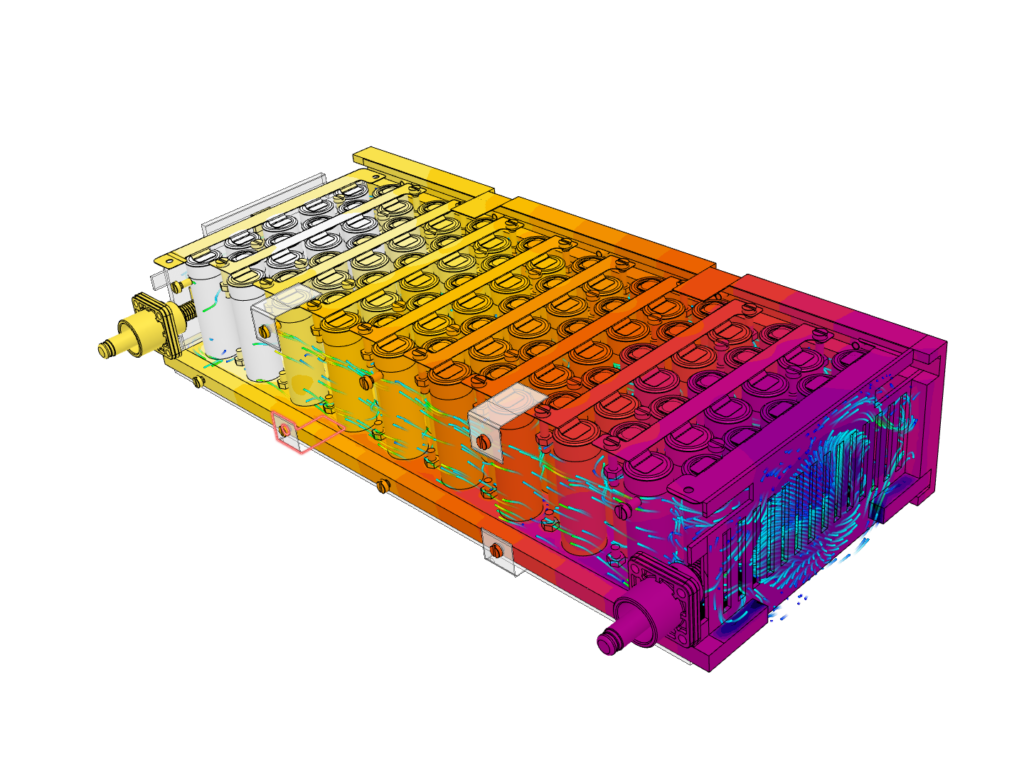
SimScale enables fast and accurate thermal simulations of electronics enclosure designs right from your preferred web browser.
Make informed design decisions on:
Thermal analysis of LED fixtures has become crucial in the early design stages as LED cooling strategies are increasingly taking precedence.
Run a thermal simulation of luminaire designs in your browser to engineer more reliable and higher-performing lighting solutions faster.
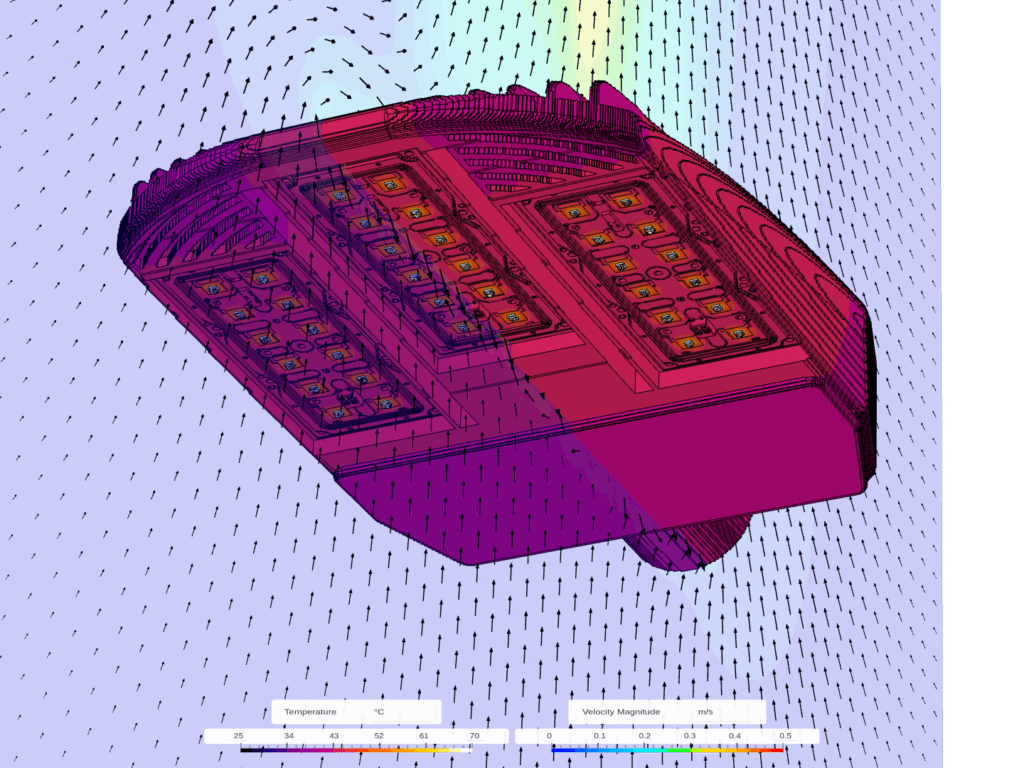

Heat sink design is essential to electronic cooling in order to maintain the electronic components below the maximum allowed operating temperature.
SimScale enables you to study the heat dissipation efficiency of a heat sink both in the conceptual and detailed design stages easily and quickly in your web browser.
Customer Success
In this analysis, Samco used structural analysis simulations to test the vacuum chamber of their plasma cleaner and introduce design modifications that can help extend its lifetime. Using SimScale, they managed to increase the product lifetime from 100,000 to 1,000,000 operating cycles.

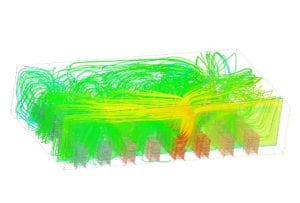
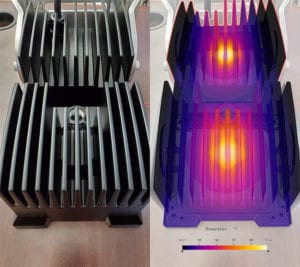

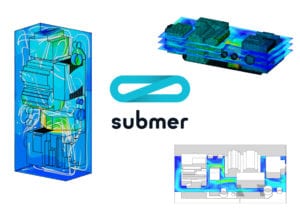

Check out all the success stories of our customers in the electronics industry, including EASEE, ANYbody, OnLogic, and Forwiz System Co.
See All StoriesCheck out the latest thermal management simulations performed in SimScale and validated against experimental and/or analytical results.
Your hub for everything about electronics cooling and the world of CAE in the cloud. Check out our technical documentation section and learn about thermal comfort parameters.
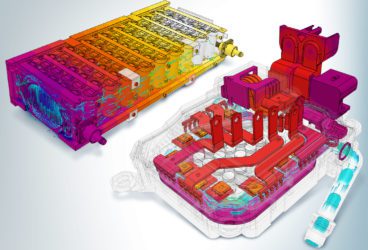
Sign up for SimScale
and start simulating now